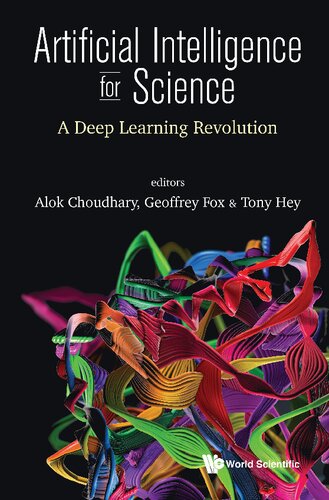

Most ebook files are in PDF format, so you can easily read them using various software such as Foxit Reader or directly on the Google Chrome browser.
Some ebook files are released by publishers in other formats such as .awz, .mobi, .epub, .fb2, etc. You may need to install specific software to read these formats on mobile/PC, such as Calibre.
Please read the tutorial at this link: https://ebookbell.com/faq
We offer FREE conversion to the popular formats you request; however, this may take some time. Therefore, right after payment, please email us, and we will try to provide the service as quickly as possible.
For some exceptional file formats or broken links (if any), please refrain from opening any disputes. Instead, email us first, and we will try to assist within a maximum of 6 hours.
EbookBell Team

5.0
50 reviewsHuge quantities of experimental data come from many sources ― telescopes, satellites, gene sequencers, accelerators, and electron microscopes, including international facilities such as the Large Hadron Collider (LHC) at CERN in Geneva and the ITER Tokamak in France. These sources generate many petabytes moving to exabytes of data per year. Extracting scientific insights from these data is a major challenge for scientists, for whom the latest AI developments will be essential.
The timely handbook benefits professionals, researchers, academics, and students in all fields of science and engineering as well as AI, ML, and neural networks. Further, the vision evident in this book inspires all those who influence or are influenced by scientific progress.